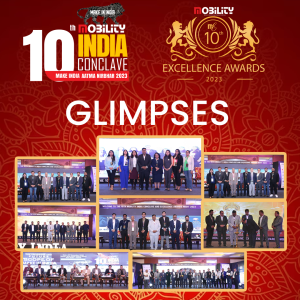EnableX.io, Asia’s cloud communication platform provider, today announced the launch of its Face Analysis and Emotion Recognition AI solution – FaceAI. Aimed at augmenting live video with Cognitive and Emotional States understanding, FaceAI enables companies with deep insights into the emotional impact of each conversation, providing smarter, more contextual and dynamic customer engagements.
Encompassing advanced technologies, FaceAI has the ability to identify demographic features such as the Likely Gender and Age; facial features such as Hair Colour, Cheekbone, eyes; and emotions such as Anger, Disgust, Fear, Happiness, Sadness, Empathy, Surprise, and much more. Besides these, it also measures the attentiveness and liveness of the person which can be helpful in developing a deeper understanding of the customer or caller’s sentiments and affective state.
Pankaj Gupta, CEO & Founder, EnableX.io stated, “Next generation communications should be more flexible, smart and personal. With the whole new set of Emotion Intelligence capabilities, EnableX.io equips partners and customers across industries and domains with AI-enabled communication APIs that facilitate intelligent data-driven conversations, helping them stay ahead of the curve.”
Businesses can use EnableX FaceAI separately or paired with EnableX Video call in several ways such as verifying the identity of bank users over AI-enabled video, displaying targeted advertisements through “smart kiosks”, understanding student’s engagement level in elearning, and much more. In the case of large-scale video calls, FaceAI effectively measures facial expressions and emotions of all the faces within the call in real time.
“Historically, AI focuses on intelligence in improving processes and automation and is not focused on correlating events with human emotions or emotional factors. Now, with FaceAI, we are adding an EQ to technology’s IQ. Using Affective Computing technology, we will be able to recognise the emotional state and the context of every conversation, equipping organisations to respond in a more contextual and accurate way.” said Pankaj.






